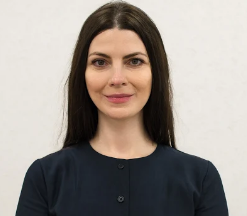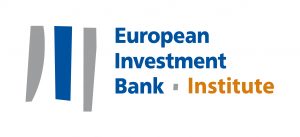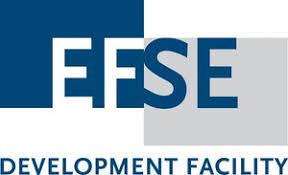Employer branding for digital savvy staff of MFIs|| #LiDE
Thursday, December 2nd, 11:00 - 12:15 CET (Amsterdam / Warsaw / Sarajevo)



Our expert: Olga Radivilova

Expert at Employer Branding Institute
Olga is a passionate Employer Branding and Communications Professional. In her current role with EBI she advises, designs and implements employer branding strategies that help companies to attract and retain talent, and meet their strategic business goals.
Her on-the-job experience and expertise embrace both international and Russian companies and lie in such sectors as Banking, Purchasing & Logistics and Consulting. She was certified as an Employer Branding Professional with Universum Global Employer Branding Academy, Sweden in 2019.
The idea was developed based on lessons learnt from the Digital Literacy Bootcamp devoted to digital transformation in microfinance.
Digitalize or die – offering services online is no longer an alternative for MFIs; it is the way as people all over the world change their preferences towards any type of brand and sector. However, today’s leaders must manage not only an organization that undergoes a digital transformation.
The ongoing COVID-19 pandemic boosted the fact that more and more employees work remotely. They have been suddenly forced to deal with work challenges in a time of volatility, anxiety, fast changing circumstances and many uncontrolled risks. Thus, the leaders manage people that live in a VUCA world (volatile, uncertain, complex, ambiguous). They manage virtual teams that often consist of three generations (X, Y, Z) with varying skills and attitudes.
This requires leaders to make sure they improve skills like emotional intelligence, managing generational differences, and building an organizational culture that embraces fast changing consumers’ preferences and fashion, driven by accelerating technology.


